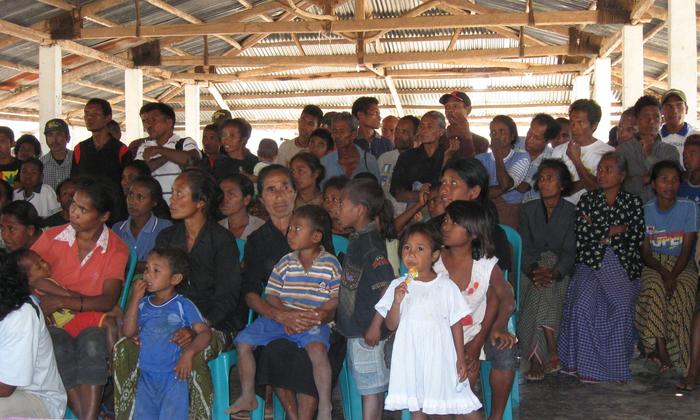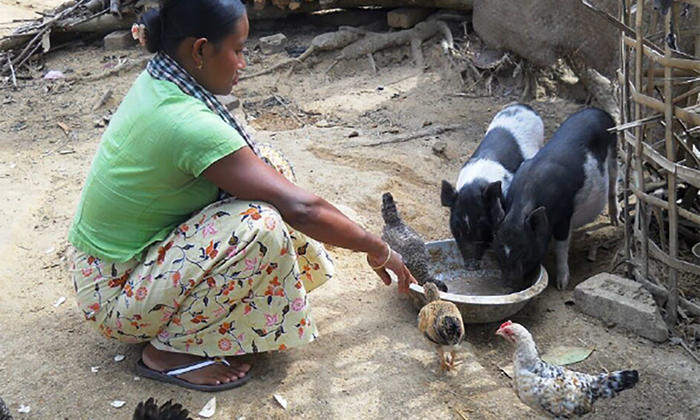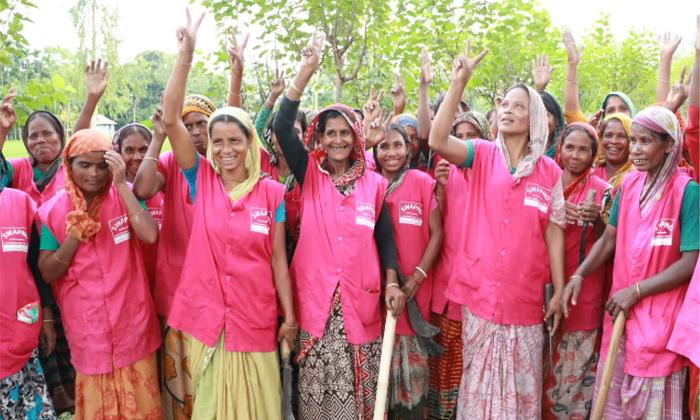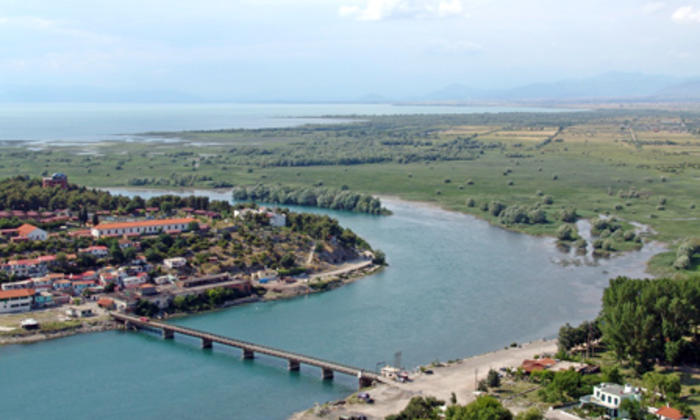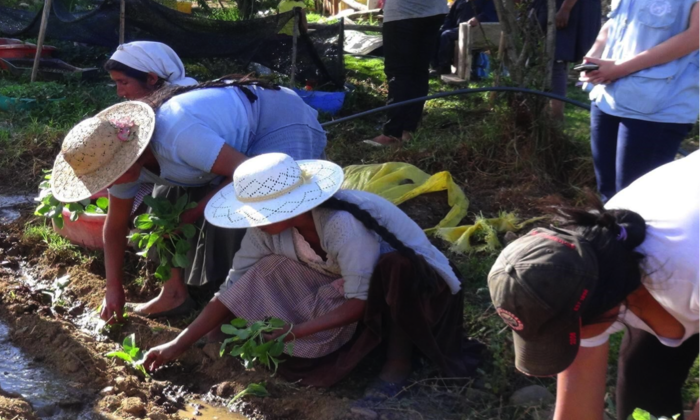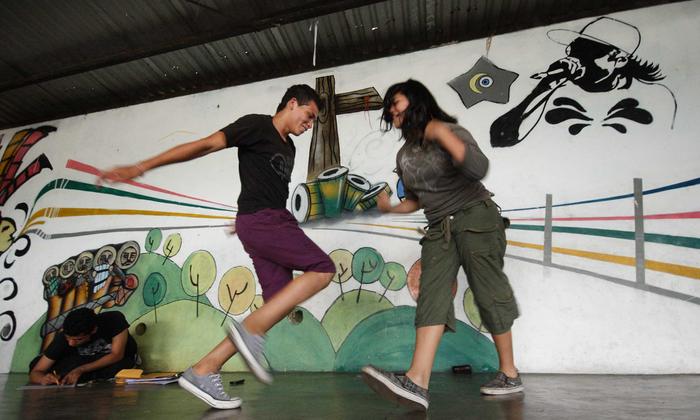Case study
Occupied Palestinian Territory: A One-Stop-Shop for Sustainable Women-Owned Businesses

Read more
Chapters
Project Partners
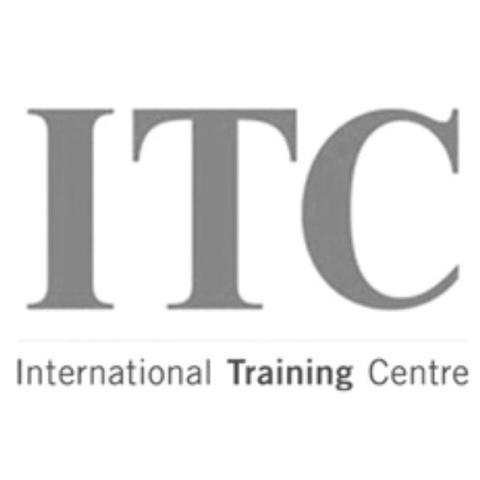
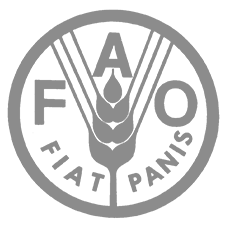
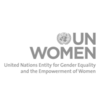
1. SUMMARY
The joint programme helped improve the livelihoods of Palestinian women by building the capacities of women-owned/run micro-, small- and medium-sized enterprises (MSMEs) and cooperatives, and preserving cultural heritage, traditions and crafts. By creating marketable products and improving the regulatory environment for local products and women-led cooperatives and businesses, the programme addressed issues in the Palestinian National Export Strategy and promoted inclusive market development.
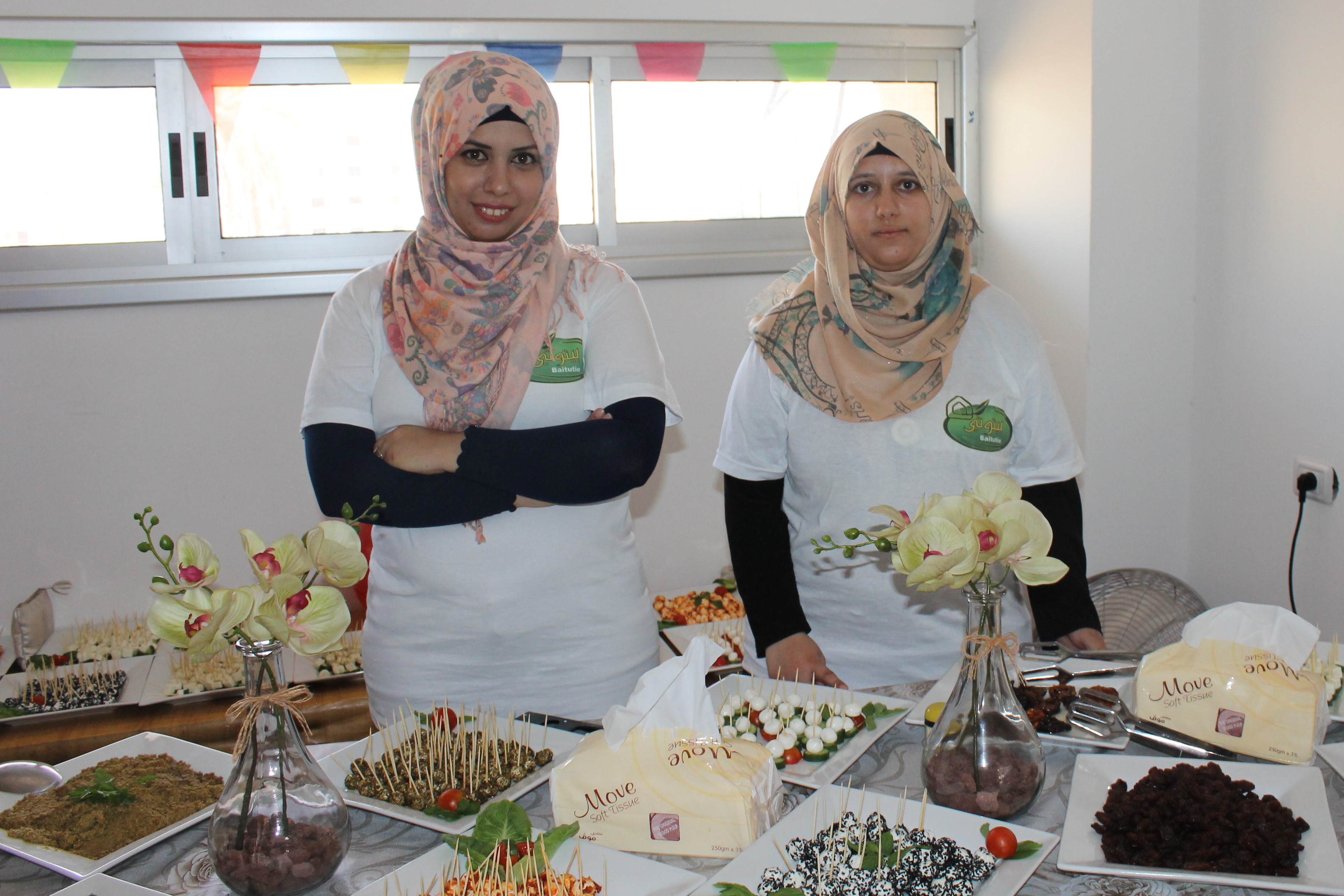
Programme beneficiaries showcasing thier products
2. SITUATION
Women in the occupied Palestinian territory comprised only 15% of the local work force in 2015, one of the lowest rates of participation in formal labour markets in the world. Entrepreneurial activity among Palestinian women also ranks amongst the lowest levels globally and unemployment, much higher than for men. While small businesses contribute significantly to employment and income generation in both the West Bank and Gaza Strip, gender disparities mean that women have less access to such opportunities. Structural distortions have limited the growth of agricultural and manufacturing sectors, with the service sector accounting for two-thirds of the GDP, as a result. Women are disproportionately represented in the informal sector, where they are more vulnerable to exploitation and poor working conditions.
3. ESTRATEGY
The joint programme helped promote inclusive socio-economic development by creating an enabling environment and improving market access for women-owned/run MSMEs and cooperatives.

Participants of the programme
4. RESULTS AND IMPACT
Women-led cooperatives benefited from training on business and financial management, bookkeeping, food processing, food safety and quality control, packaging and labelling, and marketing. In terms of fostering market linkages, women-led MSMEs participated in exhibitions, showcasing their products in Abu Dhabi, the United Arab Emirates; Berlin, Germany; and Geneva, Switzerland, as well as at various B2B meetings. MSMEs connected with buyers from different countries and got feedback on product specifications.
Twenty-three women-led cooperatives (comprising 923 members) signed contracts to supply two shops, Al-Rozana and Al-Thimar, dedicated to bringing their products to market. Selling under the brand, “Baitutie” (homemade), both companies witnessed substantive increases in sales of 40% and 68.1%, respectively in 2016, compared to the baseline scenario. Apart from US$ 113,000 in direct sales to the public in 2016, an additional US$ 205,000 was generated from export markets. As of March 2017, a contract with an intermediary exporting company, New Farm, generated US$ 60,294 in sales from the produce of 13 cooperatives supported by the joint programme. Overall, the 43 MSMEs participating in the joint programme saw an average increase in sales of 42.8%, with 12 enterprises achieving increases of two- to eightfold.
A policy paper incorporating the main national policy directions related to women’s economic participation was drafted, under the auspices of the National Committee for Women’s Employment, in partnership with the Ministries of Agriculture, National Economy, Labor and Women's Affairs. Government officials improved their knowledge of gender concepts and gender mainstreaming through trainings and awareness raising sessions aimed at improving capacities for developing gender-sensitive policies.
Gender mainstreaming efforts also focused on the private sector. The Bank of Palestine and Birzeit Pharmaceuticals Company - the largest companies in their respective sectors - were assisted to undertake comprehensive gender audits. Both demonstrated commitment to implement the recommendations needed to have gender-sensitive policies.
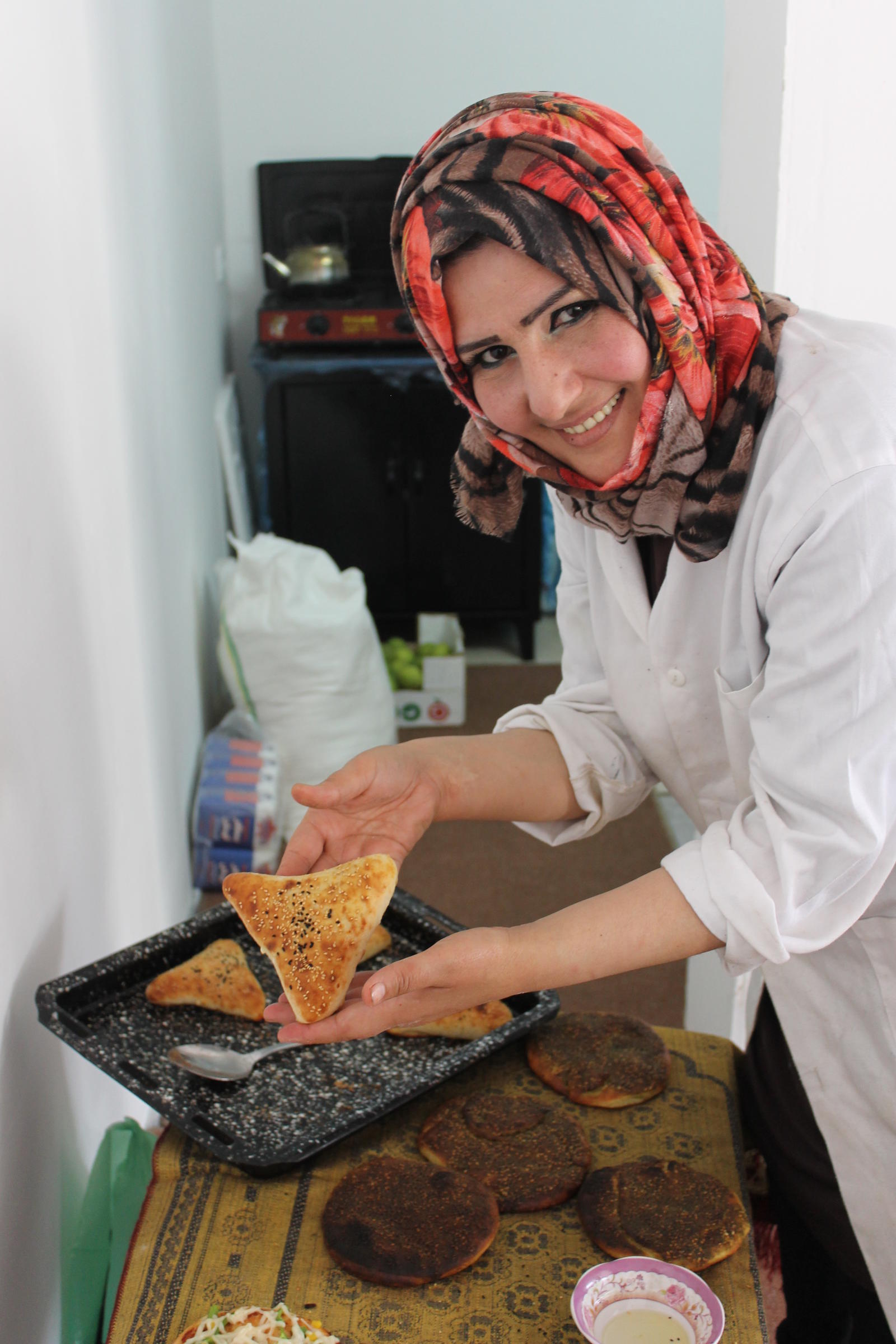
A woman prepares traditional, savoury baked goods called Mu’ ajanat in the Halhoul Business shop
5. CHALLENGES
There are still gaps, at different levels in the public and private sectors, in awareness, technical support and funding to implement gender mainstreaming and women’s empowerment-related initiatives. At the local level, women-led MSMEs and cooperatives had to overcome challenges such as the lack of certification for food products and for quality, in the case of non-food products, limited availability of raw materials and small scales of production. In this regard, consolidating product lines to increase volume, scale and improved access to (international) markets.
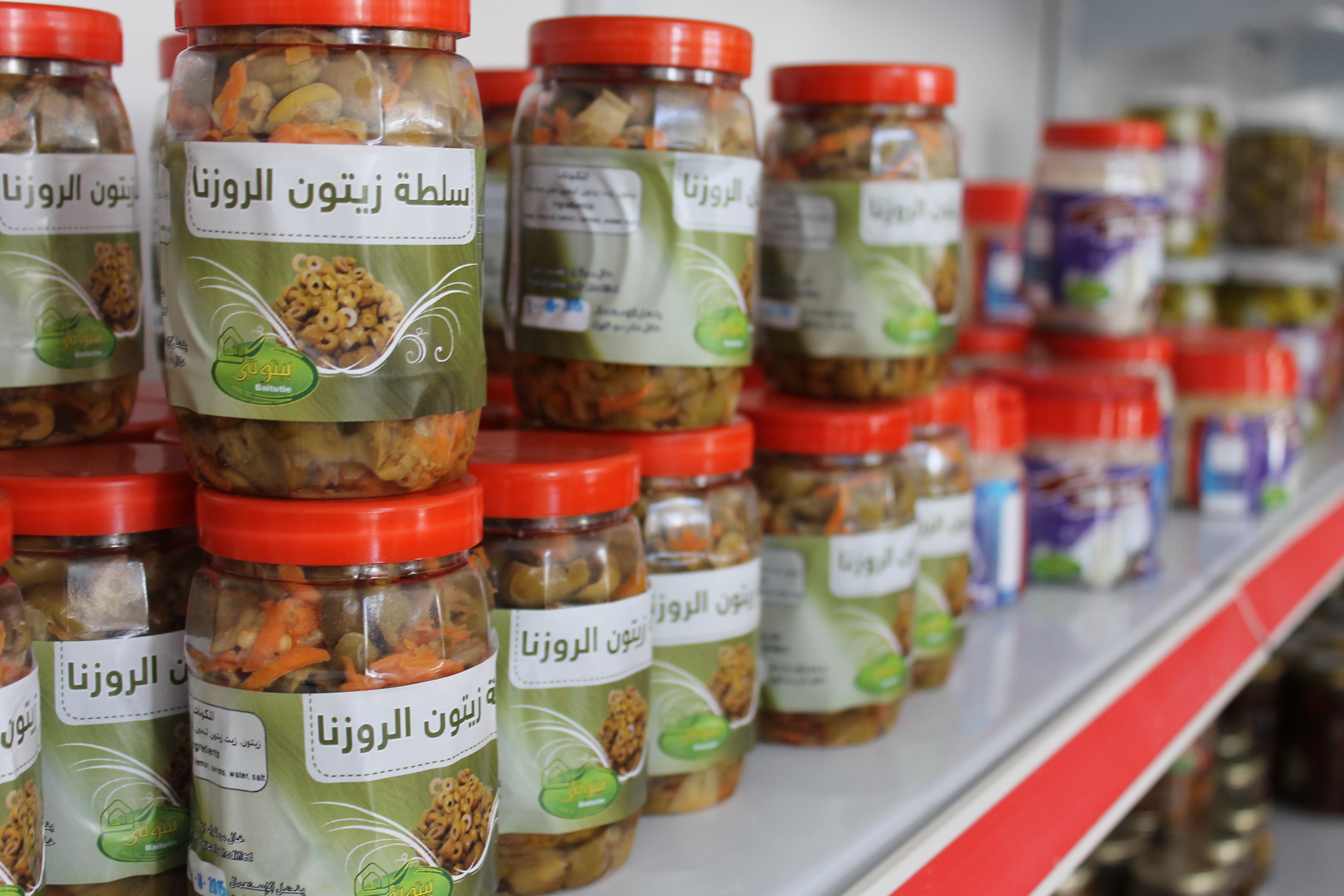
Olive salad that is a speciality of the Al Rozana run shop in Halhoul
6. LESSONS LEARNT
- Small enterprises learnt that a market-led product development strategy is the most effective and sustainable. However, building the capacity of MSMEs and cooperatives is a long-term process that requires interventions on both the supply and demand sides.
- Entry into a higher-priced international market requires a willingness to accept more exigent demands from buyers. While business registration and formalization of informal enterprises is a barrier to entry to new potentially more lucrative markets, it is necessary to promote awareness and challenge misconceptions about the requirements, implications, costs and benefits.
7. SUSTAINABILITY AND POTENTIAL FOR REPLICATION
The joint programme generated data and analysis on gender equality to inform government policy and facilitated a comprehensive gender-sensitive review and update of the existing legal framework. Apart from improving business services and promoting market linkages for women-led MSMEs and cooperatives, the programme instilled in beneficiaries the importance of demand and market-driven approaches, as well as a product’s “perceived value” in order to differentiate market niches and identify business opportunities.
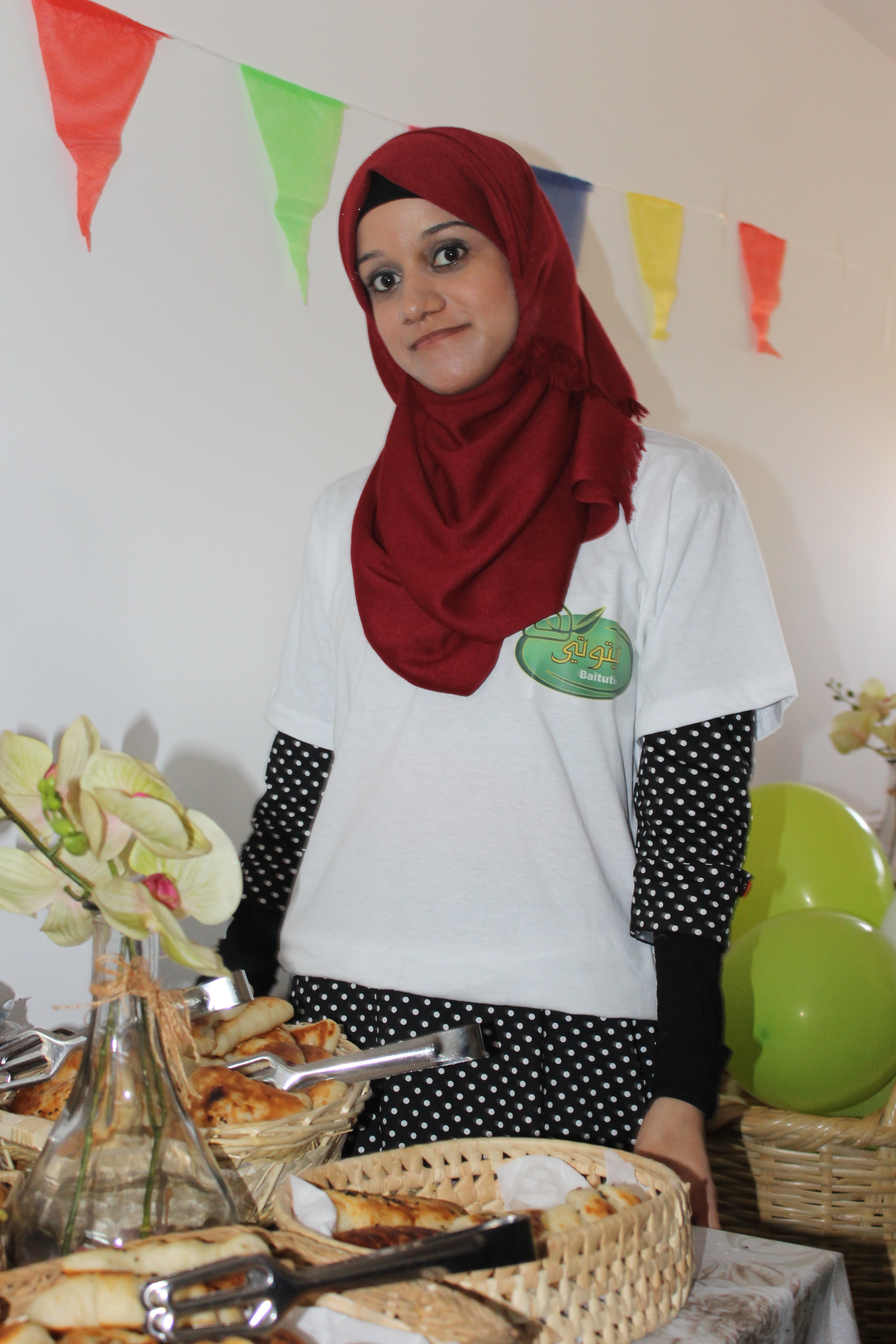
A programme beneficiary showcasing her products

